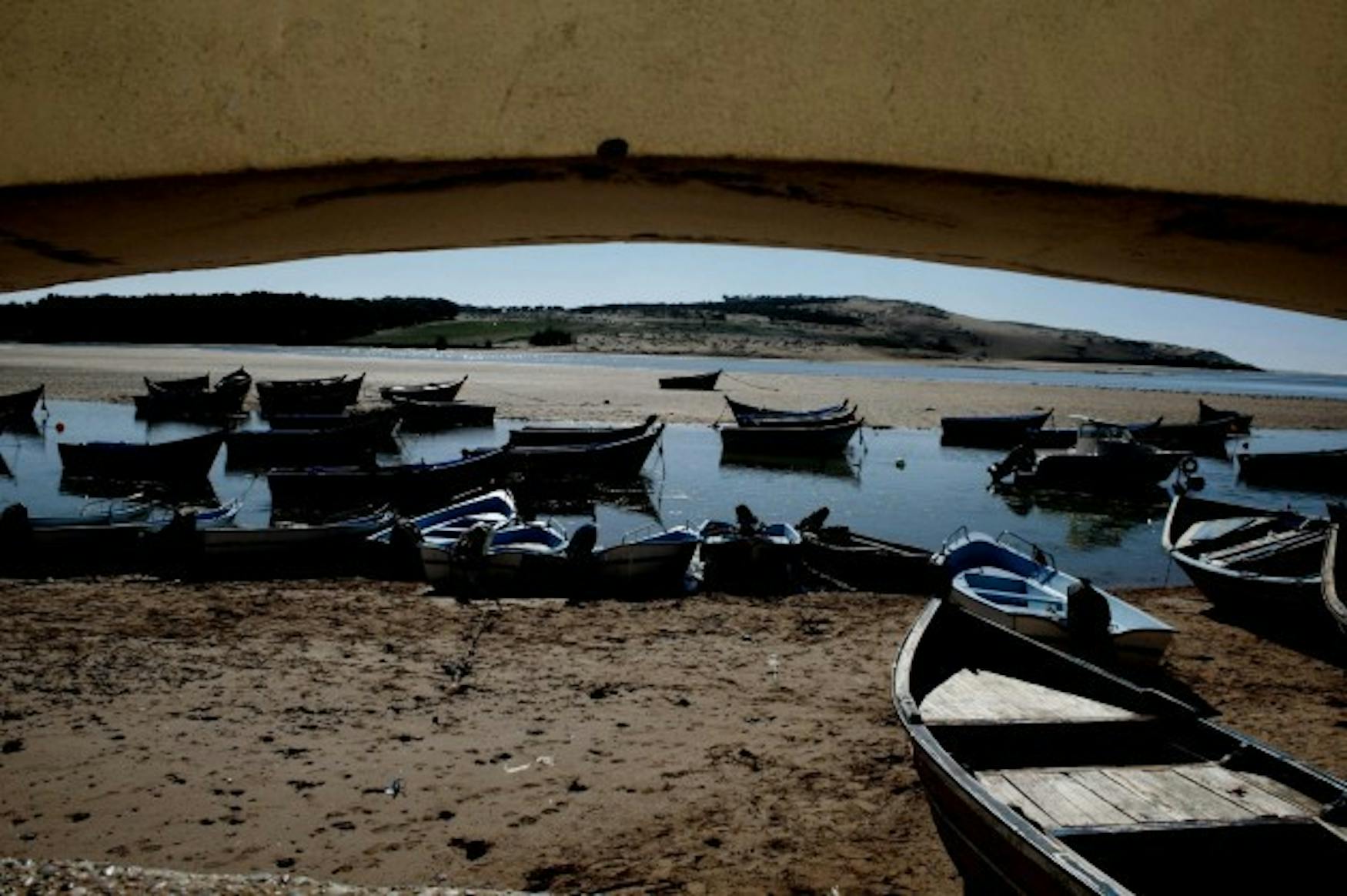Arab Spring raises questions about study abroad programs
Over the past year, the Middle East has seen the Arab Spring, the withdrawal of American troops from Iraq and, in November, the arrest of three American students in Cairo. In the midst of many changes and ongoing violence, schools such as the University of Wisconsin and Middlebury College have suspended their study abroad programs in Egypt. Brandeis, however, has maintained its connections in the region and continues to send students there.
The number of Brandeis students studying in the Middle East has increased over the past five years, according to J. Scott Van Der Meid, assistant dean of Academic Services and director of Study Abroad. Programs in Jordan, Morocco and Lebanon have become increasingly popular over the years. Brandeis has also approved study abroad programs in Egypt, Israel, Turkey and Oman, according to the office of Study Abroad's website, and in Tunisia, according to Van Der Meid.
The program in Egypt "has always been strong," said Van Der Meid in an email to the Justice. While no Brandeis students studied in Egypt or Tunisia (the cradle of the Arab spring) last year, Van Der Meid said that Egypt has typically been the most popular Middle Eastern destination outside of Israel.
Israel continues to dominate the list of Brandeis study abroad programs in the region, but Van Der Meid said he expects student interest in other programs to increase and the program in Egypt to be revived by the next academic year.
After visiting Egypt in December to review Brandeis' programs at the American University in Cairo and the University of Alexandria, Van Der Meid said that "should things remain on [their] current path, [I] hope to approve a few more options" for study abroad there.
The office of Study Abroad "[has] not historically closed any programs or made students switch locations," said Van Der Meid. However, if the U.S. State Department issues a travel warning for any location, students who wish to study there must sign a waiver. Travel warnings are currently in effect for Lebanon and Israel.
Other universities have taken a different approach, particularly where Egypt is concerned. The Universities of Wisconsin and Connecticut suspended their programs there "until further notice," according to postings on their study abroad websites. Washington University in St. Louis is accepting applications to study abroad in Egypt in 2012, but warns on its study abroad office's website that it "reserves the right to suspend these programs should conditions warrant."
The heightened risk and awareness of security for Americans abroad is not unique to one area. "This is not just focused in the Middle East, but all regions of the world as more and more students have begun to study outside of Western Europe," Van Der Meid pointed out. A Worldwide Caution notice issued by the State Department in July of 2011 also described a risk to American travelers "in multiple regions, including Europe, Asia, Africa and the Middle East."
Some precautions are taken for all students studying abroad, regardless of where in the world they go. According to Brandeis' Study Abroad website, the purchase of international sickness and accident insurance is mandatory. Brandeis also employs International SOS, a service that aids international students with anything "from telephone advice and referrals to full-scale evacuation by private air ambulance," as described by the Study Abroad website.
"I feel safe going to Lebanon," said Sarah Geller '13 in an email to the Justice. While Geller, an Islamic and Middle Eastern Studies major who is studying abroad this year at the American University of Beirut, said she was "a little anxious" about the upcoming trip, she also expressed her confidence in the program. "If something were to happen while I am abroad, [the office of Study Abroad] will help me get through the situation," said Geller.




Please note All comments are eligible for publication in The Justice.